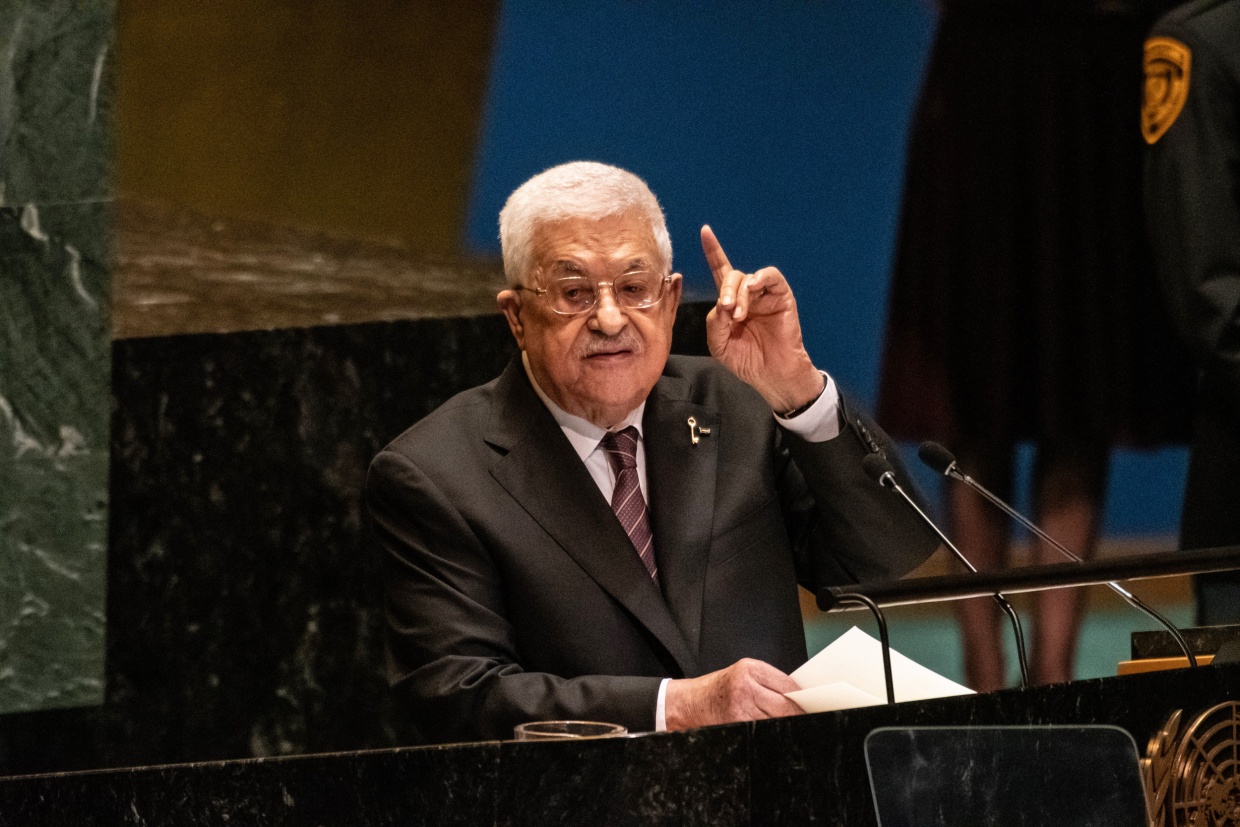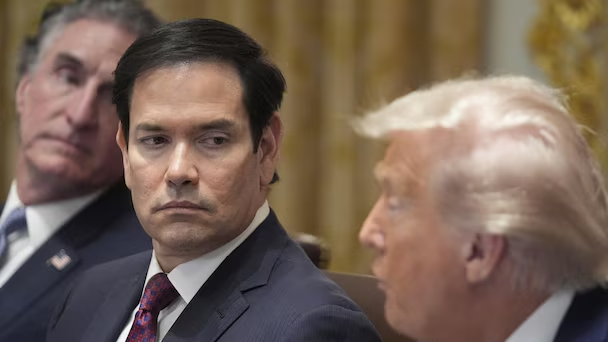Washington Moves to Restrict Palestinian Presence at Annual Gathering
The United States has announced it will deny and revoke visas for Palestinian Authority (PA) and Palestine Liberation Organization (PLO) officials ahead of the September United Nations General Assembly (UNGA). The move could prevent Palestinian President Mahmoud Abbas from attending the high-profile event, where several Western nations are expected to formally recognize Palestinian statehood.
The State Department confirmed Friday that the decision is part of the administration’s commitment to ensure that “terrorism is not rewarded” and to hold the Palestinian leadership accountable for what Washington describes as violations of peace commitments. It marks the first time the U.S. government has blocked Palestinian representatives from attending the UNGA.
Growing Diplomatic Tensions

The decision comes at a moment of heightened diplomatic maneuvering. France, the United Kingdom, Canada, Australia, and Malta have all announced plans to recognize Palestine as a sovereign state during the September UN gathering. France declared unconditional recognition, while other nations tied recognition to conditions such as Palestinian demilitarization and the exclusion of Hamas from political authority.
By denying visas, Washington appears to be signaling its opposition to Palestinian attempts to gain legitimacy on the global stage without direct negotiations with Israel. Critics say the timing is designed to undercut Palestinian efforts to secure wider international support.
Palestinian Ambassador to the UN, Riyad Mansour, confirmed that Abbas still intends to lead his delegation and address the Assembly. However, he acknowledged uncertainty over whether the U.S. decision will practically obstruct their participation.
US Justifies Action with Security Concerns
Officials in Washington cited several reasons for the unprecedented move. A central factor is the Palestinian Authority’s controversial “martyrs’ payments” program, under which families of Palestinians imprisoned or killed in attacks against Israelis receive monthly stipends. While Abbas issued a decree in February 2025 announcing the end of the program, Israeli officials accused the PA of maintaining the payments through alternative channels.
The administration also criticized Palestinian efforts to pursue legal cases against Israel in international forums such as the International Criminal Court and the International Court of Justice. U.S. officials argued that such steps represented “lawfare” aimed at bypassing direct negotiations and contributed to the collapse of ceasefire talks in Gaza.
According to the State Department, these actions demonstrated a refusal by the PA and PLO to honor past commitments, further justifying the visa revocations.
Limited Relief Under UN Agreement

Despite the sweeping measures, the Palestinian mission to the United Nations in New York will continue to function under waivers provided by the UN Headquarters Agreement. This arrangement ensures that Palestine’s permanent mission can remain operational even as senior officials face restrictions.
In its statement, the State Department emphasized that the U.S. remains open to re-engagement if Palestinian leaders “take concrete steps toward compromise and peaceful coexistence with Israel.”
Israeli Government Welcomes Decision
Israel quickly welcomed Washington’s announcement. Israeli Foreign Minister Gideon Sa’ar praised the move, calling it “a bold step that demonstrates the administration’s steadfast support for Israel.” He argued that denying visas to Palestinian officials would prevent the UN from becoming a stage for what he described as “anti-Israel propaganda.”
The visa restrictions follow earlier sanctions imposed in July 2025 on several Palestinian officials accused of supporting terrorism. Together, the measures mark one of the toughest U.S. stances toward the Palestinian leadership in recent years.
Palestinian Response and Uncertain Path Ahead
Palestinian officials condemned the decision as an attempt to silence their leadership at a critical diplomatic moment. They accused Washington of siding unconditionally with Israel and undermining international efforts to secure Palestinian statehood through legal and political channels.
Diplomatic analysts suggest the move could backfire by increasing sympathy for the Palestinian cause among other UN member states. With several Western nations already pledging recognition of Palestine during the assembly, the U.S. action may further isolate Washington on the issue.
At the same time, questions remain over whether Abbas will be able to secure alternative travel arrangements or whether exceptions will be made to allow him to attend the Assembly. The possibility of his absence would represent a significant setback for the Palestinians’ bid to consolidate international recognition of statehood.
Conclusion
The U.S. decision to block visas for Palestinian officials underscores the widening rift between Washington and Ramallah at a moment of shifting international dynamics. As Western nations prepare to recognize Palestine, the Trump administration’s move highlights its determination to align closely with Israel while seeking to deter Palestinian appeals to international institutions.
Whether the restrictions succeed in weakening the Palestinian diplomatic push, or instead galvanize broader support for their cause, will become clear in the weeks ahead as the United Nations General Assembly convenes in New York.
Sources: Al Jazeerah

